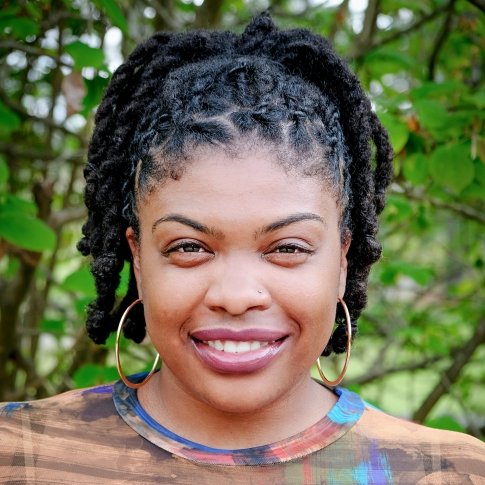Venneikia Williams
Media 2070 Campaign Manager

Raised in Winston Salem, North Carolina, Venneikia now resides in Atlanta and is an active community member. She supports the Free Press team in the development, design and successful implementation of the Media 2070 campaign for media reparations. This includes liaising with coalition partners, fostering external relationships, supporting newsroom training and developing a curriculum and necessary collateral materials. Before joining Free Press, she was engaged in faith and community-organizing work in St. Louis. As a graduate of the University of North Carolina at Chapel Hill, she uses her talents to amplify Black stories and liberate Black lives.